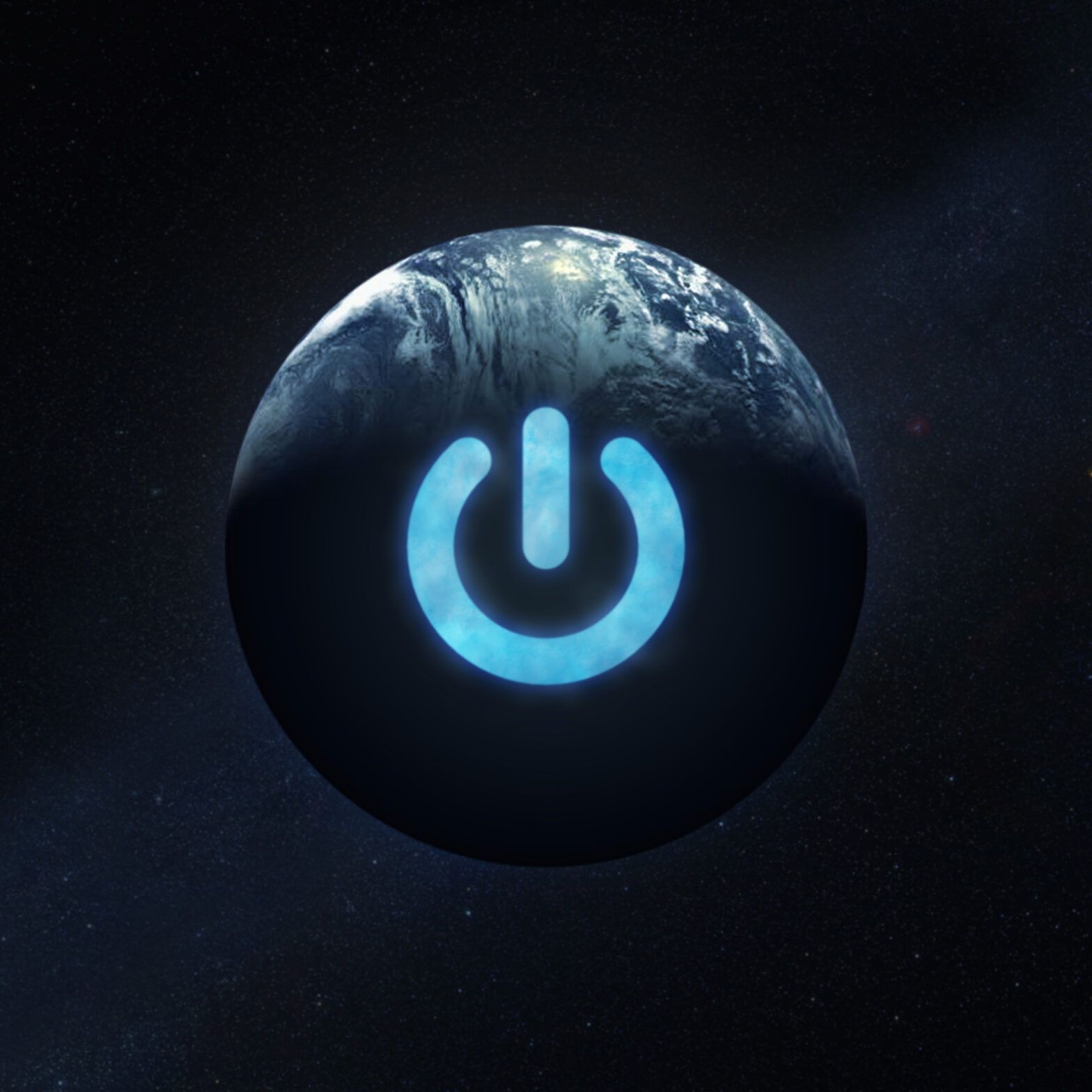Every year, at 8.30pm on the last Saturday of March, millions of people across the world switch off their nonessential lights for Earth Hour to show their support for our planet, raising awareness of nature loss.
But is this enough? Since the pandemic, consumers have been buying more digitally equipped products, such as phones, televisions and refrigerators. The global pandemic has also led to an increase in purchases of electronic goods, these products contain many different and expensive metals. While there is the argument that these products can be classified as essential, there is a need for more awareness on how our products impact the environment and what we can do minimize carbon emissions.
Furthermore, there are growing concerns around the current geopolitical climate potentially having negative consequences for global decarbonization efforts. The rapidly evolving energy mix caused by the war in Ukraine is closing the window to reach net zero by 2050.
Consequently, the need to replace fossil fuels with cleaner energy sources continues to be a high priority. As consumers we can all play our parts in reducing carbon emissions with our day-to-day behavior. One important method is to incorporate a circular economy into our lives which will be a necessity and it will also represent some of the easiest opportunities we will have to cut emissions. A circular economy approach provides the opportunity to reduce global emissions by up to 20%.
What does a circular economy mean?
A circular economy means incorporating an economic system which is aimed at eliminating waste and the continual use of resources. Circular systems employ reduce, reuse and recycling to create a closed-loop system, minimizing the use of resource inputs and the creation of waste, pollution and carbon emissions. This would replace the take, make and waste approach of traditional linear business models. The circular system from an economic standpoint aims to keep products, equipment and infrastructure in use for longer, thus improving the productivity of these resources. Sending waste to landfill is a large source of carbon emissions. By constantly reusing resources and avoiding landfill, it benefits both the planet and our own finances.
The pull factor: Recycling products, from copper to plastic, means we save energy in not having to mine and create virgin material. Accenture’s research estimates that the circular economy could generate $4.5trn of additional economic output by 2030 if it’s adopted. Their work identifies circular business models that will help decouple economic growth and natural resource consumption while driving greater competitiveness.
The push factor: Earlier this month, the UN Environment Assembly approved a resolution to create the world’s first ever global plastic pollution treaty. This means that work will now begin to set out legally binding rules on plastic waste which they aim to finalize by the end of 2024. They highlight that approximately 7bn of the estimated 9.2bn tons of plastic produced between 1950 to 2017 are now waste. Of that, 75% is either in landfill or has accumulated in terrestrial or aquatic ecosystems – most of this could have been recycled. The UN’s plastic pollution treaty is a first and important step to foster a circular economy and to protect our environment.
In addition to switching off nonessential lights for Earth Hour this Saturday, as consumers we need to be conscious of what we do with our products at their end of life, and as societies we need to ensure we have the infrastructure in place to adopt a circular approach. This will bring us one step closer to reaching net zero by 2050.
Earth Hour is a global movement set up by the WWF to remind consumers small actions can make a big difference, but only if we act together.
At 8.30pm on Saturday March, 26 WWF encourages:
- Switch off your lights.
- Enjoy a meat-free meal.
- Put your phone on do not disturb.
- Share on social media using #EarthHourUK.








